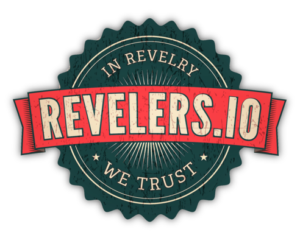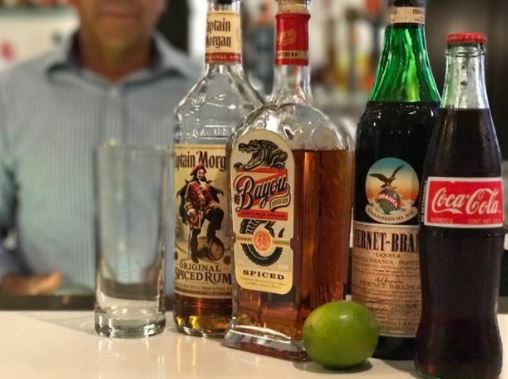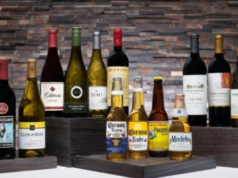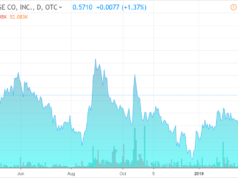As Coca-Cola (KO) comes up with less-sugary drinks, there is good reason to question how it will fund growth.
CEO James Quincey has been at the helm since May, and a fresh strategy is in the works. Coke expects the global non-alcoholic, ready-to-drink beverage industry to expand by $110 billion at retail between 2017 and 2019, representing 4% compound annual growth mostly coming from non-carbonated soft drinks, according to Susquehanna Financial Group. Coke’s problem: it has a 48% share of carbonated drinks, but only 7% share in non-carbonated drinks globally. It may seek acquisitions to bridge this gap.
Coke stock reflects the shift away from sugary beverages, with a cumulative total return of 53% over the past five years, while the S&P 500 index is up 111% in the same period, according to FactSet. Ahead of an upcoming Coke seminar — the first such meeting since 2009 — Susquehanna analysts Pablo Zuanic, Aatish Shah and Hailey Xu are neutral on the stock, and their price target of $41 indicates downside risk from a recent price of $47.19.
The Susquehanna analysts think shares of potential M&A targets or companies that could be challenged by Coke expansion will move on the seminar. There could be other catalysts for Coke stock, though. From a lengthy Susquehanna analysis, some excerpts on beverage industry merger and acquisition buzz and what could help or hurt Coke stock:
” … We note Monster Beverage (MNST) has been strong into the seminar despite a lackluster third quarter print, but are investors’ hopes misplaced? National Beverage (FIZZ) on the other had will likely be hit as Coke articulates its plans to expand in sparkling water (with Topo Chico and other brands).
Two key outside factors that will not be at the seminar but that are very relevant to the stock:
1) Warren Buffet: Berkshire Hathaway (BRKA) owns 400 million KO shares (9.39% stake) worth $72.4 billion at present. Could there be any plans for a change in the medium term? Should we read much into the family giving up the Board seat (Warren’s son, Howard had been a Board member)?
2) Anheuser-Bush InBev (BUD) has a plan to get to $100 billion in revenues by 2020, but at present they are below $60 billion. We continue to think either PepsiCo (PEP) or KO is in the M&A sight of BUD. Certainly if PEP was the ultimate target (we think it is), then KO would derate …
We struggle with the KO valuation (3.5% free cash flow yield; 32% peer premium on tax-adjusted EBITDA; we question the notion that a franchiser model deserves a higher PE if performance changes little, just see Dunkin’ Brands Group (DNKN), and worry that barring a dividend cut (unlikely), the company’s normalized FCF (refranchising will impact return on invested capital and FCF/sales, but not much absolute $ FCF) leaves little room for share buybacks or for meaningful M&A …”





